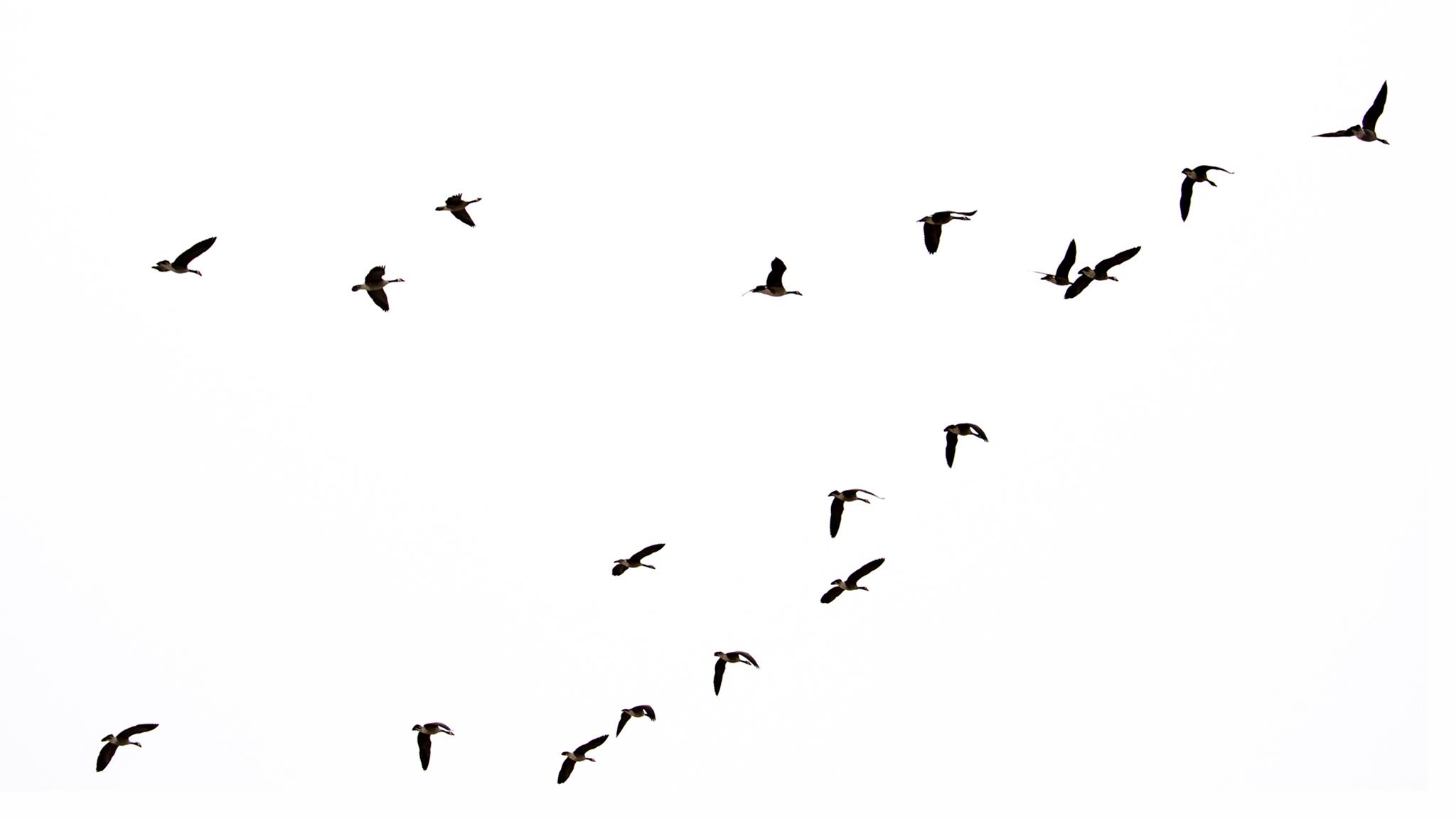This week, reader Sharon Behl wrote in asking: "Why does Cheesman Park have so many geese this winter? They only used to flock around parks with lakes. Are there more geese in Denver?"
Well, Sharon, there are not necessarily more geese in the city, but it's not surprising that you're seeing more of them in Cheesman this year. The reason has to do with the weather.
Garth Spellman, curator of ornithology at the Museum of Nature and Science, said more of the city's lakes and ponds are frozen this year as compared to 2018. Since there's less open water, birds like geese are more likely to be concentrated in fewer spots around the city.
This also could be a reason why the metro area has seen an uptick in dead geese around the city's parks this year.
Colorado Parks and Wildlife sent a press release this week saying they've been investigating reports of deceased geese and ducks in the metro area since January. Spokesperson Jason Clay told us officers collected some of those carcasses and sent them up to their lab in Fort Collins to see if something is amiss. As it happens, some of these birds tested positive for a bacterium called Riemerella anatipestifer, also known as "New Duck Disease." Clay said there have been around 50 documented cases.
Vicki Vargas-Madrid, Denver's wildlife program administrator, said some dead fowl were found around Sloan Lake and in Washington Park. She thinks there might have been a few found at City Park, too.
Spellman said despite the name, the disease is not exactly new. Scientists have known about the bacteria at least as far back as 1904, although he's not aware of any documented outbreak in Colorado until now. He added that it's likely migratory geese passing through Colorado were carrying it last year, too. But 2018's winter was warmer, so bird populations were spread out across the city's unfrozen waterways and not transmitting the disease, which spreads through contact.
"You will have outbreaks during periods when you have increased density," he said. This year is "probably ripe for an outbreak of a disease."
Spellman said New Duck Disease causes upper respiratory symptoms: "You'll see a duck with a runny nose."
It can cause diarrhea and, because it blocks breathing passages, can decrease oxygen in birds' bloodstreams and cause them to become disoriented.
During an outbreak, up to 30 percent of an avian population can carry the bacteria, though it's probably only fatal to 8 to 10 percent. It's observed and monitored in migrating flocks all over the world.
There's never been any documentation that the disease can jump from birds to mammals, so you and your dog are safe. But both Spellman and Clay said you ought not approach a dead bird if you see one. If you keep chickens, for instance, you could risk infecting them - but, Spellman added, there's just a whole lot of reasons not to approach dead geese.
Just. Don't. You can, however, call animal control or the regional state Parks and Wildlife office (303-291-7227) if you want to take action.
Do you have questions? Ask away! And, if you really like bird stuff, you can read more of Garth Spellman's greatest Denverite hits, like "Who is this weird goose?," "Is it a bummer that airplanes kill birds?," "Will birds flock to green roofs?" and "What's climate change got to do with Denver's birds?"













